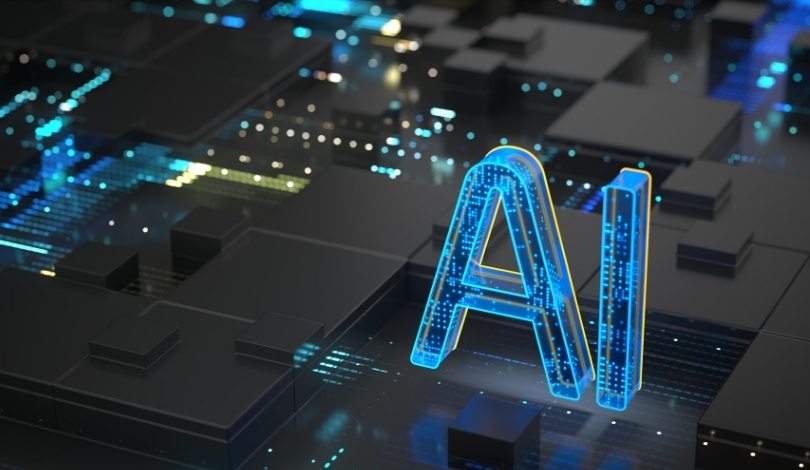HP, a leading player in the computer industry, has introduced its OmniBook Ultra laptop and OmniStudio X desktop, both equipped with advanced A.I. features. These new devices are part of HP’s strategy to rejuvenate its PC division, which has experienced a sales decline over the past two years. By incorporating a neural processing unit (NPU), these A.I. PCs aim to provide superior computing power and enhanced functionalities that could potentially transform the way businesses and consumers use their computers.
HP’s Vision for A.I. Integration
Earlier comparisons indicate that A.I. in personal computers has often been touted as a revolutionary shift, but practical applications were limited. However, HP’s recent launch suggests a more tangible integration of A.I. features. These devices not only offer enhanced processing capabilities but also promise significant improvements in battery life, with HP claiming up to 21 hours for the OmniBook Ultra.
In past releases, other brands like Microsoft and Asus have also ventured into the A.I. PC market, introducing features such as document summarization and real-time translation. Yet, these features were often cloud-dependent, raising concerns about data privacy. HP’s new PCs address this by enabling on-device processing, thereby enhancing security and performance without relying heavily on cloud services.
Market Reception and Potential
HP’s new OmniBook Ultra and OmniStudio X start at $1,449.99 and include an “A.I. companion” chatbot with capabilities like document analysis and advanced video calling. HP emphasizes that these features can help users save time and increase productivity.
“We’re bringing the A.I. PCs so that people can access the benefits of A.I. faster, more cost-effectively, and more securely on a device like this,”
said Alex Cho, president of Personal Systems at HP.
Experts hold varied opinions on the impact of these A.I. enhancements. Olivier Blanchard from The Futurum Group considers them the most significant disruption in the PC market in decades, although he believes the primary drivers for consumer adoption will be performance improvements and battery life.
“Powerful new A.I. features like assistants, agents, and other generative A.I. applications probably won’t be the primary driver for consumer adoption right away,”
Blanchard stated.
On the other hand, HP Newquist, an A.I. historian, views the A.I. PC as a marketing tactic for now, stating that many A.I. applications still rely on cloud processing. This means that the full potential of these A.I. processors is yet to be realized. Newquist suggests that as more robust A.I. applications become locally operable, the true benefits of these devices will become more apparent.
HP plans to integrate more A.I. tools like Beautiful.ai and Polymer into their A.I. Companion app, which could further enhance user experience. The potential for applications that translate American Sign Language, identify deep fakes, and provide real-time feedback during video calls suggests a promising future for A.I. PCs.
“It’s a bit too soon to know what disruptive ‘killer apps’ will emerge from that ecosystem, but what I have seen so far is already promising, useful, and fun,”
Blanchard added.
HP’s launch of A.I.-enhanced PCs marks a significant step in integrating artificial intelligence into everyday computing. While current applications show promise, the full impact of these innovations will unfold as more sophisticated A.I. tools are developed and adopted. This evolution could potentially reshape user expectations and redefine the capabilities of personal computers.










